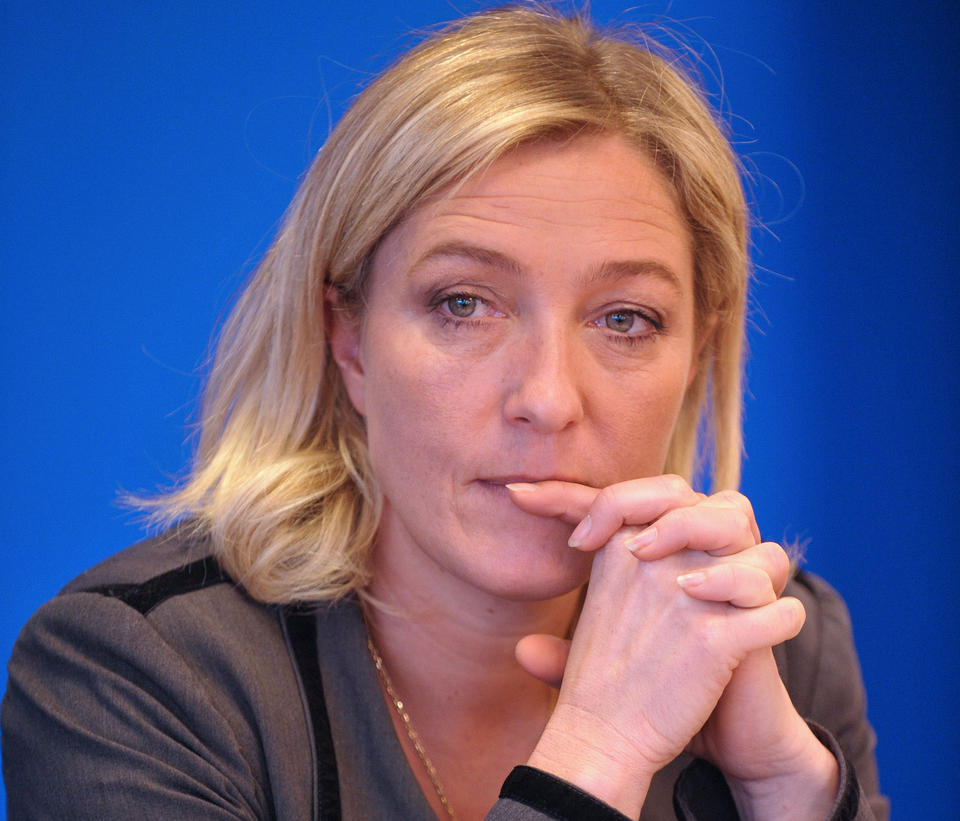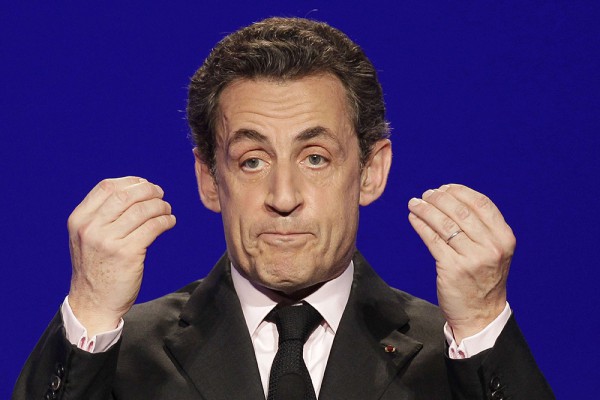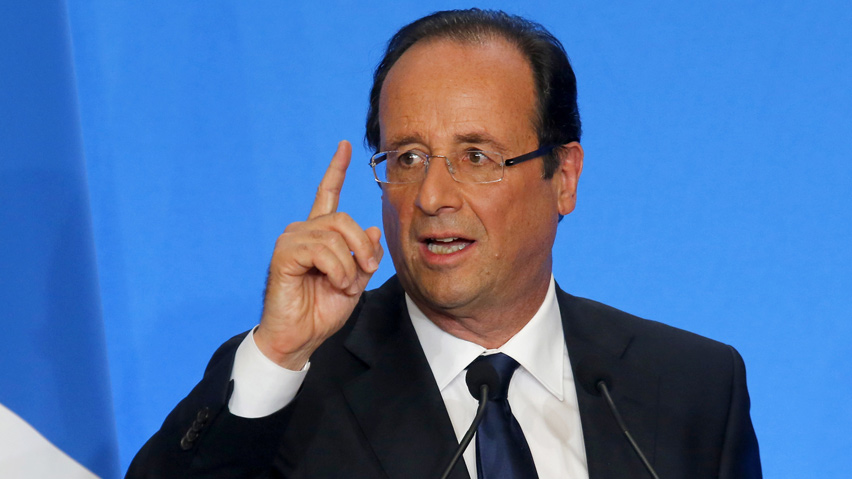With a majority of French citizens holding unfavourable views in regard to the EU, the results of the UK referendum have propelled the question of Frexit at the top of the political debate in a country that readies itself for the 2017 presidential elections. As the results of Thursday’s referendum concerning the UK membership in the European Union settle, attention is turning toward two aspects linked to the effects of the voting.
On the one hand, there is much speculation over the financial implications of the British choice to leave the EU. Special attention is paid to the impact on European and international financial markets and the value of the British pound. On the other, the long-term impact of the Brexit is being assessed against its trickle-down in other European countries. The decision taken in the UK will have far-reaching repercussions on Britain’s neighbours, generating specific political risks.
While much attention is given to potential anti-EU politics in Greece and a renewed push for independence in Scotland, France may well be the country most affected by Brexit in the medium-term. With a greatly weakened government and several strong Euro-sceptic parties, the British decision is likely to push the debate of France’s place in the EU at the forefront of the campaign for the 2017 presidential election.
Front National strengthened by Brexit
France is among the Western European countries with the strongest anti-EU feelings. While it has been at the forefront of the European construction since the 1950s, within the last decade a major Euro-sceptic wave has swept through the country. A recent poll by the Pew Research Center shows that more than 60% of French citizens hold unfavourable views in regard to the EU, more than the 48% found in the UK.

The main beneficiary of this tendency has been the right-wing party Front National (FN). Under the leadership of Marine Le Pen, the party has been focusing on a nationalist, anti-EU and economically protectionist policy. The FN is now contending to be among the largest parties in France, with approval rates hitting 25%.
On the morning after the British vote, Marine Le Pen was the first French leader to issue an official message concerning Brexit. She congratulated the British people and vowed to organise a similar referendum in France, should she be elected in May 2017. Her position is consistent with her previous statements and with FN’s second-in-command, Florian Philippot. Philippot repeatedly called for negotiations to reassess the place of France within the EU, the exit of the country from the Euro zone and in the event of failure to comply with French demand from Brussels, a full-scale Frexit referendum.
The FN anti-EU platform is based on economic and social issues. The party calls for the protection of the French market, the lifting of sanctions against Russia and the end of ultra-liberal policies. The FN is vehemently opposed to pro-migrant policies and calls for a re-instatement of national borders. These positions increasingly resonate positively within a French society burdened by an elevated terrorist threatand ongoing socio-economic tensions.
Les Republicains: between the nation and the EU
In mid-June, Nicolas Sarkozy, President of Les Republicains, gave a major policy speech in which he set the direction of his potential candidacy in the party’s primaries ahead of the 2017 elections. In his speech, the main focus was the French nation. This choice is consistent with the party’s political attempts to regain parts of the electors in lost to the FN.

Les Republicains are embattled in a costly internal power struggle as part of the preparation of the primaries. Key power brokers, such as Francois Fillon, Alain Juppe, Bruno Le Maire and Nicolas Sarkozy, are vying for the control of the electorate and for ultimately becoming the party’s candidate.
The EU will likely be a key issue in the upcoming primaries and presidential election, and it is going to be one that will potentially further divide and weaken Les Republicains. Indeed, while the party is trying to assert itself as protector of the nation and champion of a more balanced EU, all running candidates are strong supporters of a French integration in the Union.
As such, it is going to be strategically important for Les Republicains to craft a message that will appeal to their right-wing branch, while continuing to defend the economically liberal policies that define the party. Should they fail to do so, the centre-right may forfeit the totality of the nationalist discourse to the FN, while still losing its image as a pro-EU party to the Parti Socialiste.
The socialists overtaken by the far-left
The ruling Parti Socialiste (PS) is facing one of the deepest crises in its history. Approval rates for President Hollande are at the lowest they have ever been for any president in the French fifth republic and the government is politically weakened by an ongoing power struggle with labour unions.

Since Hollande’s election in 2012, the PS has taken a social-democratic turn and is now a staunch supporter of EU policies. Following the Brexit vote, key government officials spoke out in favour of the EU and expressed different levels of sadness and unease in regard to the British choice. Finance MinisterEmmanuel Macron’s approval ratings highlight the current support of the centre-left part of the PS in regard to the party’s liberal turn.
The PS is, however, strongly challenged by its left-wing branch as well as far-left parties. Its detractors call for a cessation of liberal economic policies and an overall re-balancing of France’s approach to the EU.
With growing anti-EU tendencies developing in France, it is not surprising that Jean-Luc Melenchon, head of the Left Front , is gaining ground against Hollande. Melenchon has stopped short of calling for a Frexit, but has repeatedly stated the necessity to reform the EU and review France’s position in it.
Looking ahead
The French political climate is likely to become tenser as the country approaches the 2017 presidential elections. Les Republicains and the Parti Socialiste will have to juggle with their centrist, and more radical party-branches. This will generate specific issues in regard to the crafting of a coherent and moderate political message.
Surfing on the success of the Brexit, the FN is expected to push for an open debate about the place of France in the EU. With strong approval rates, the right-wing party will likely manage to influence the presidential elections in such a way that a Frexit will become a central element of the local political life in the months ahead of May 2017.






